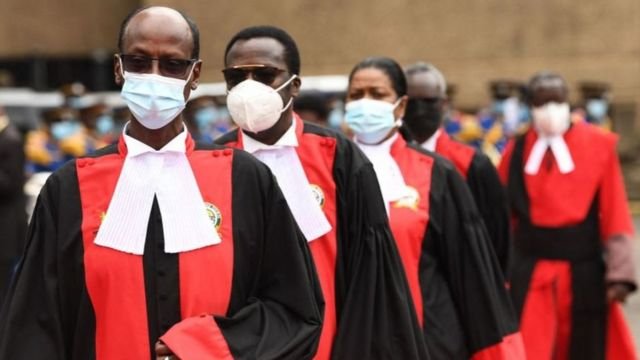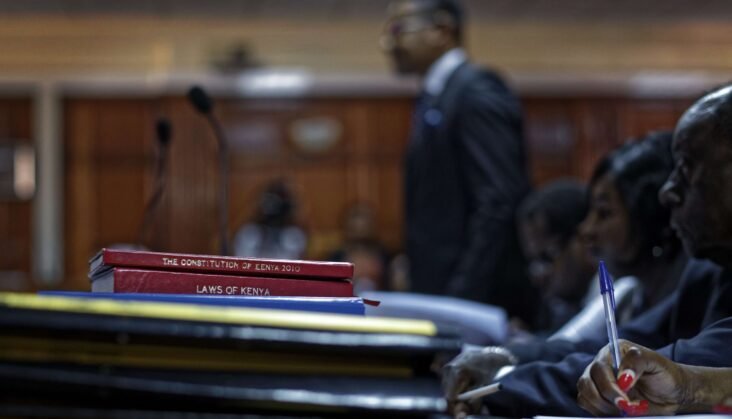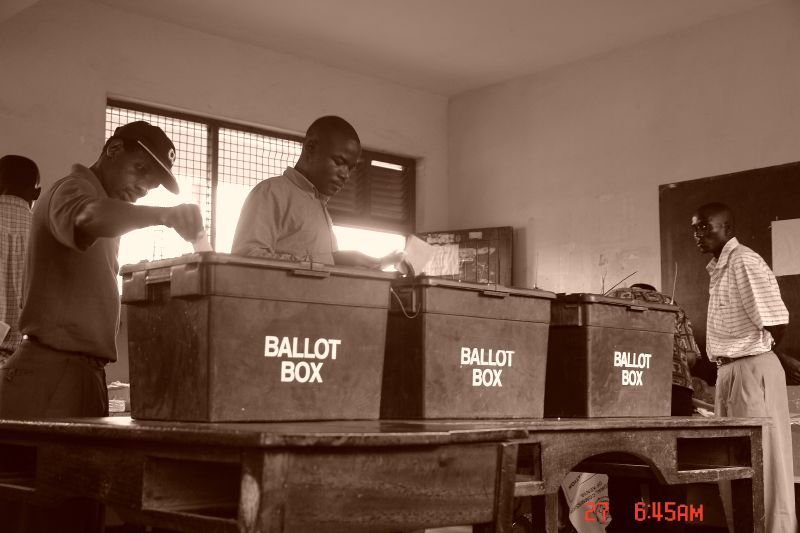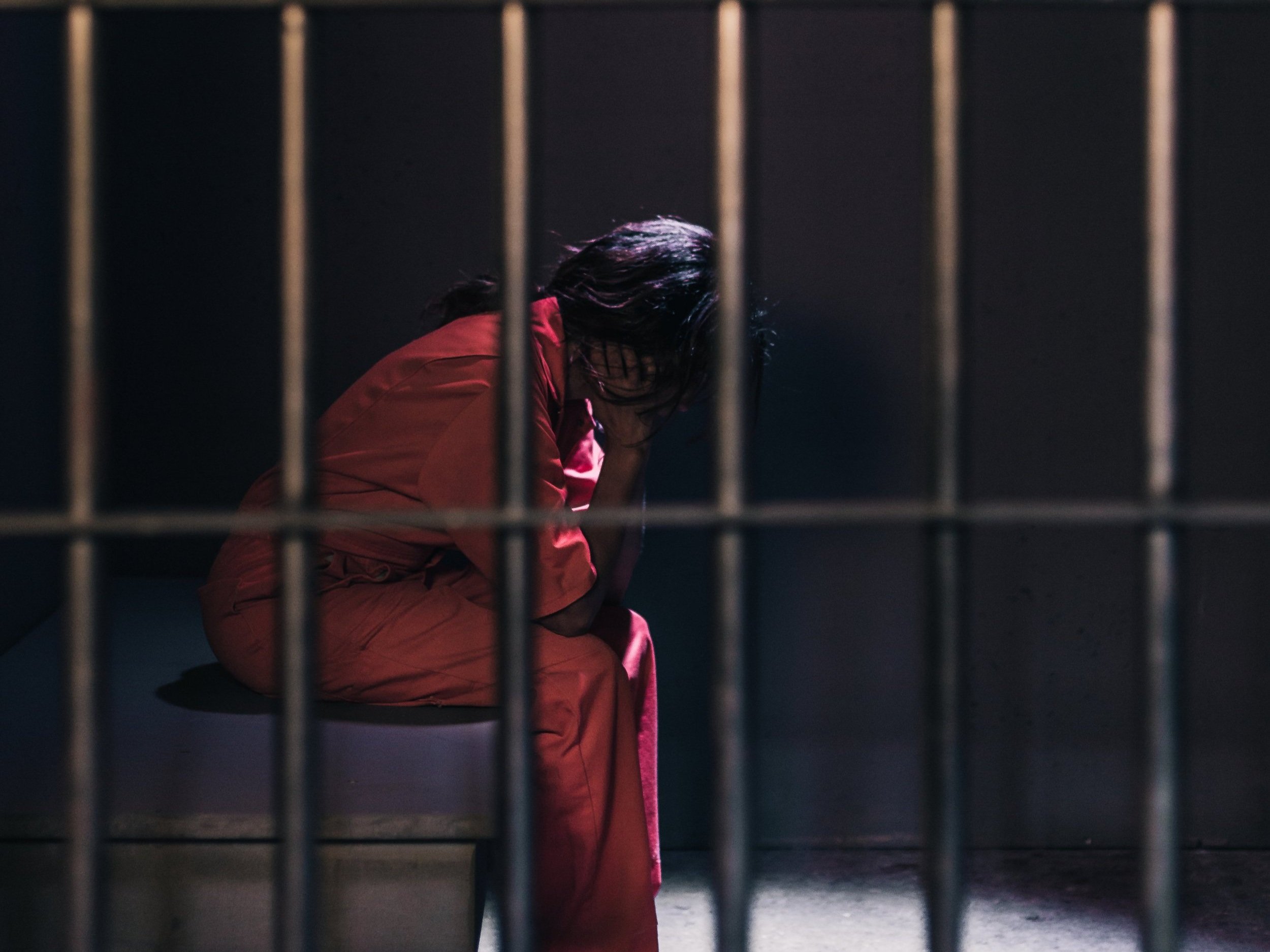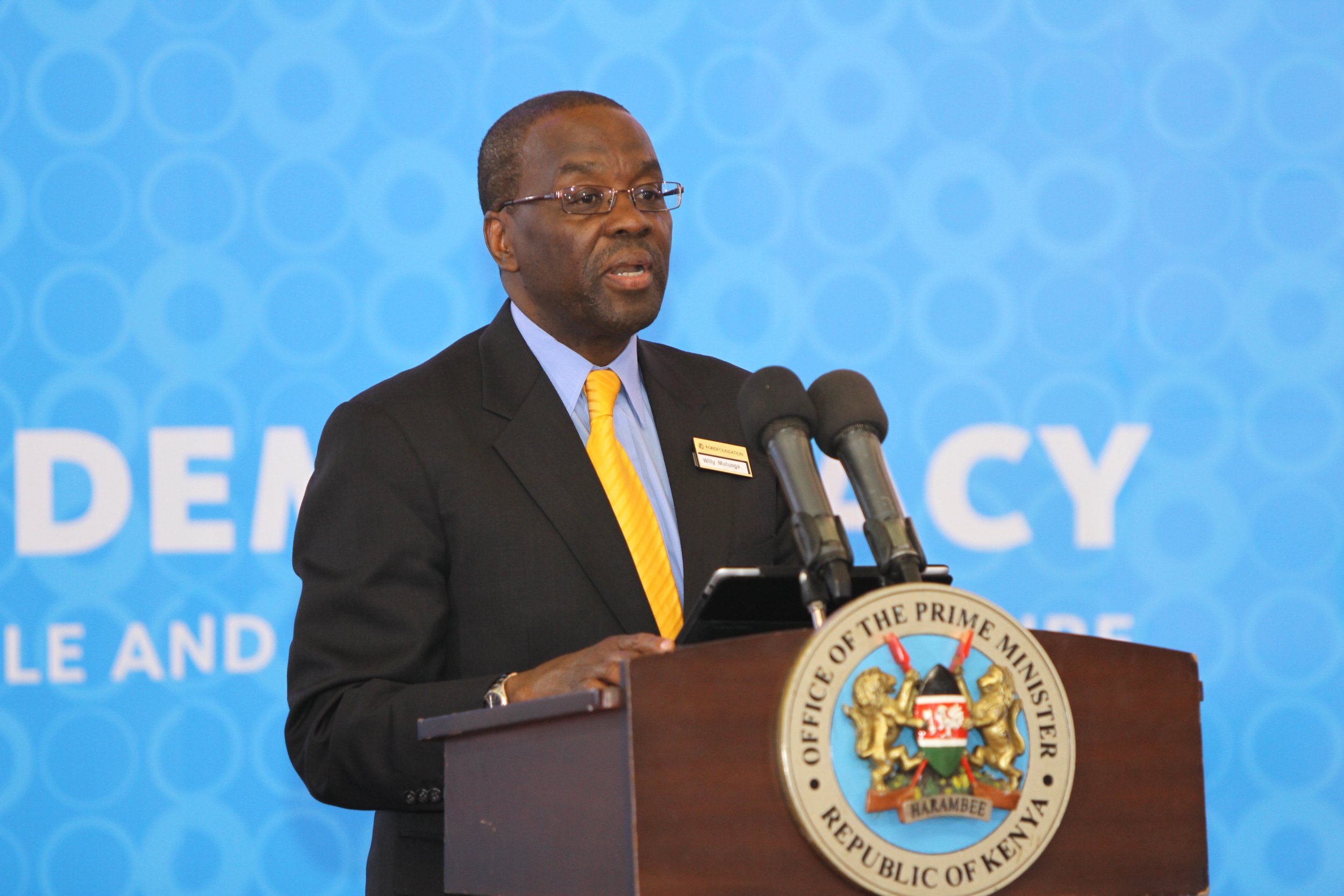
Our Blog
Categories
- Africa
- African Union
- Central Africa
- Citizenship laws
- Climate Change
- Competion Law
- Constitutional Court
- Constitutional Law
- Constitutional law
- Disability Rights
- Disability rights
- East Africa
- Environmental Law
- Gender Equality
- Governance
- Human Rights
- Immigration Laws
- International Law
- Kenya
- Labour Law
- Mining Law
- Nigeria
- North Africa
- Political Rights
- Public International Law
- Public Law
- Right to Vote
- SADC Region
- South Africa
- Southern Africa
- Uganda
- West Africa
- Year end anthology
- Zambia
Several reflections on the displacement in the Sahel due to climate change
Environmental degradation has become a serious problem in the Sahel, which is disproportionately impacted by climate change, with temperatures rising 1.5 times faster than the global average, and the situation is further aggravated by political instability. It is, therefore, consequential that this entire situation has produced – and is producing – a massive displacement of populations within the region.
Des objets aux sujets de propriété : Réflexion sur le décalage entre la reconnaissance juridique et sociale des droits des femmes à la propriété foncière en Afrique
Tanveer Rashid Jeewa affirme que ce traitement inhumain vient souvent du fait que les femmes n'ont pas de terre à leur nom et par conséquent, pas de sécurité d'occupation, de logement ou de sécurité économique.
From objects to subjects of property: Reflecting on the gap between legal and social recognition of women’s rights to land ownership in Africa
Women in Africa are often excluded from inheriting, evicted from their lands and homes by in-laws, stripped of their possessions, and have no choice but to engage in risky and non-consensual sexual practices in order to keep their property. Tanveer Rashid Jeewa argues that this inhumane treatment often comes as a result of women having no land to their name and consequently, no security of tenure, shelter or economic security.
Can nature have rights? That’s no longer the question.
Mari Margil reflects on the shift towards a new system of law in which the rights of nature – including that basic right to even exist – are respected and protected.
“Last year’s words”: South Africa’s Response to Climate Change is Outdated
Despite being lauded for having one of the most progressive constitutions in the world, South Africa's climate policies and legislation are arguably retrogressive. This is clear in their central concern for a brand of development that is premised on the historical development trajectories of the Global North. Camilla Hyslop argues that it is time to write an African response to climate change, which is progressive, decolonial and inherently inclusive.
Reflections on some challenges to achieving durable solutions to violence-induced internal displacement in Ethiopia
In international refugee law, as well as IDP-specific soft law and practice, three forms of durable solutions, namely, local integration, return and relocation, have been recognised and implemented. These have been adopted in the African Union Convention on the Protection and Assistance to Internally Displaced Persons in Africa (Kampala Convention) – a regional binding treaty ratified by 33 African states, including Ethiopia. Yet, implementing the treaty and realising durable solutions for IDPs has been difficult. This piece identifies several challenges to achieving durable solutions to violence-induced displacement in Ethiopia and offers some recommendations.
The Shell Case: A Victory for Social and Ecological Justice in South Africa
In this post, Louise du Toit examines the South African High Court’s judgement in Sustaining the Wild Coast NPC and Others v Minister of Mineral Resources and Energy and Others. It is argued that the judgement highlights the importance of civil society activism and the crucial role of the judiciary in upholding constitutionally protected social and environmental rights.
Basic Structure and Tiered Amendment Processes: The Kenyan Supreme Court’s BBI Ruling
Gautam Bhatia considers how the Kenyan Supreme Court’s judgment in the BBI matter reflects the complexity of applying the basic structure doctrine in a tiered amendment context, where the amendment process explicitly carves out a high threshold of public participation.
The BBI Judgment: Of Basic Structure Doctrines and Participatory Constitution-making
Dr Silvia Suteu argues that the BBI saga raises important questions about the interplay between unamendability and participatory constitution-making, and considers the relevance of the participatory nature of the adoption of Kenya’s 2010 Constitution vis-à-vis the acceptance or rejection of unamendability in the BBI case.
Public Participation in Kenya: What is it?
Following the decision of the Kenyan Supreme Court in the matter concerning the BBI Bill, Dr Linda Musumba examines the meaning of “public participation” as required by the Kenyan Constitution.
Prisons in Africa – a death sentence for women’s rights
Women in African prisons endure abuse, violence, endemic overcrowding, inadequate food, and poor hygiene and sanitation. Sohela Surajpal examines this problem and argues that a feminist movement committed to protecting and empowering the most marginalised among us must look to alternative visions of safety and justice that a divestment from carceral politics might offer us.
South Africa, the Rainbow Nation that only loves certain colours of the Rainbow?
The post-apartheid era has seen the golden age of transformative laws and policies, providing rights and legal entitlements for the previously disadvantaged within South Africa. However, in as much as South Africa has celebrated over 28 years of democracy, that democracy can rightly be argued to exclude non-South Africans. Do we intend to equally provide basic rights to all persons within our borders or is South Africa a rainbow nation that only loves certain colours of the rainbow?
The Kenyan Supreme Court writes a new chapter in the history of the rule of law in Africa
Dr Stefanie Rothenberger, head of the Konrad Adenauer Stiftung’s Rule of Law Programme for Anglophone Sub-Saharan Africa, reflects on the Kenyan Supreme Court’s recent decision on the Building Bridges Initiative with Dr Willy Mutunga, the former Chief Justice of Kenya.
Climate Change and Migration: A Complex Web
Climate change is described as the ‘ultimate threat multiplier’. Changes to the natural environment put pressure on social, economic and political systems. As a threat multiplier, climate change exposes and exploits existing vulnerabilities. It worsens pre-existing tensions, weak governance and other socio-economic factors.
Gender Inequality: The Vulnerabilities of Women under the Asylum System
South Africa’s 1998 Refugees Act fails to reflect the country’s constitutional commitment to equality in as far as it entrenches the unequal treatment of women. Shortcomings in refugee protection lead to the treatment of refugee women as minors and smother their autonomous voice in the refugee application process.
- Africa
- BBI judgment
- Children's rights
- Climate Change
- Constitutional Court
- Constitutional Law
- Constitutional reform
- Democracy
- Election series
- Elections
- Environmental Justice
- Equality
- Human Rights
- International Law
- Kenya
- LGBTQ+ Rights
- Migrants
- Migration
- Namibia
- Nigeria
- Political Rights
- Public participation
- Refugee and migration series
- Refugees
- South Africa
- South African Constitution
- Women in Africa
- Women's Month
- Women's rights
- World Congress
Submissions
We welcome unsolicited submissions covering current legal developments in constitutional law, fundamental rights law, public law, international law and related fields.








